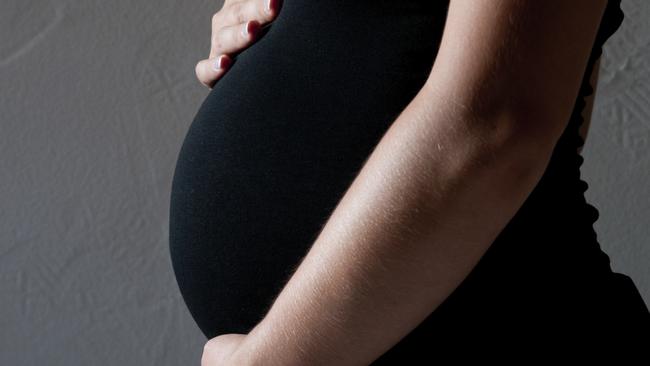Genetic fertility boon for women
Scientists in Britain have discovered gene patterns that could predict when a woman will start menopause.

Scientists in Britain have discovered gene patterns that could predict when a woman will start menopause.
A team at Exeter University have identified 300 gene variations that influence menopause age, which, they say, could lead to improved infertility treatments and increase the natural reproductive lifespan of women.
The team found these genetic variants are able to roughly predict the age at which some women will stop having periods, and thus identify those at risk of early menopause.
The team said its findings, published in the journal Nature, could also lay the groundwork for research on preventing certain types of cancer associated with hormones, such as ovarian and breast cancer, and type 2 diabetes.
Co-author Katherine Ruth said: “We hope our work will help … women plan for the future. By finding many more of the genetic causes of variability in the timing of menopause … we can start to predict which women might have earlier menopause. And because we are born with our genetic variations, we could offer this advice to young women.”
Researchers looked at genetic data from 201,323 women of European ancestry and 80,000 women of east Asian ancestry from the UK Biobank, which has health and genetic information on about half a million people, as well as 23andMe, a consumer DNA testing company.
They also examined the effects of some genes on the reproductive lifespan of rodents. Two genes, Chek1 and Chek2, affected fertility and reproductive lifespan of the mice. The team found that inactivating Chek2 so it no longer functioned while over-expressing Chek1 to enhance its activity increased the reproductive lifespan in mice by about 25 per cent.
Co-author Eva Hoffmann, from the University of Copenhagen, said the findings “provide potential new direction for therapeutic approaches that might seek to treat infertility, particularly in IVF treatment”.
She added: “There are, of course, a number of scientific questions and safety concerns that have to be addressed before this is attempted in humans. But what our studies show is that it is possible that targeted short-term inhibition of these pathways during IVF treatment could help some women respond better.”
Most women go through menopause between 40 and 60 but there is no clinical test to determine when it starts.
The Times



To join the conversation, please log in. Don't have an account? Register
Join the conversation, you are commenting as Logout